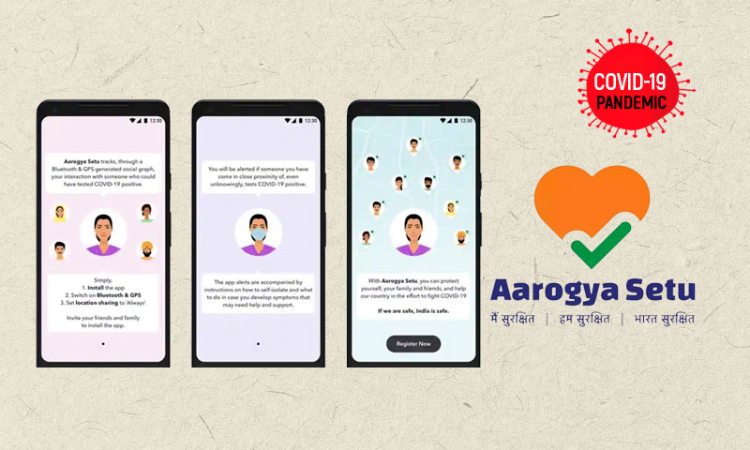Plea Moved In Bombay High Court Challenging The De-facto Imposition Of 'Aarogya Setu' In Passport Office, Mumbai
Sparsh Upadhyay
11 Dec 2020 2:10 PM IST

Next Story
11 Dec 2020 2:10 PM IST
A petition has been moved in the Bombay High Court, challenging the de-facto imposition of Aarogya Setu by officials of Passport Seva Kendra, Mumbai. The petition has been filed by one Tanya Mahajan (an architect by profession) through Software Freedom Law Centre, India and Advocate Aditi Saxena. The Case of the Petitioner It is the case of the Petitioner that while the...
